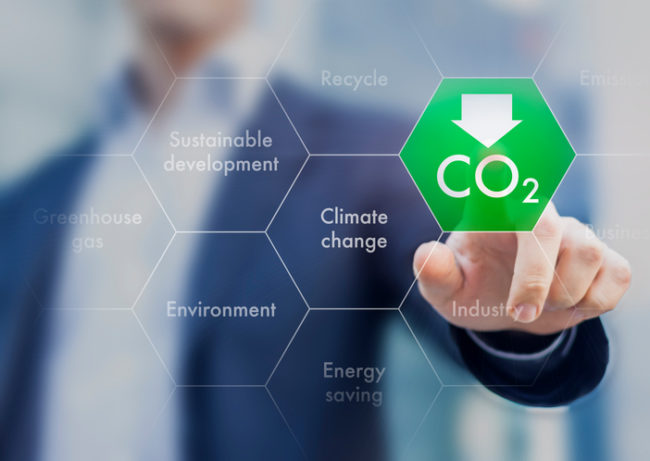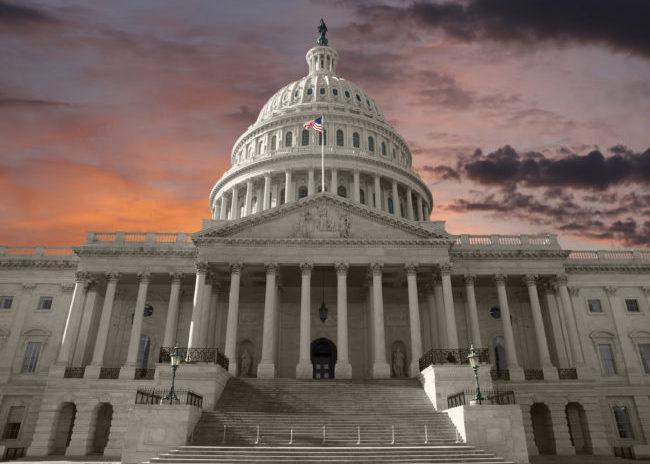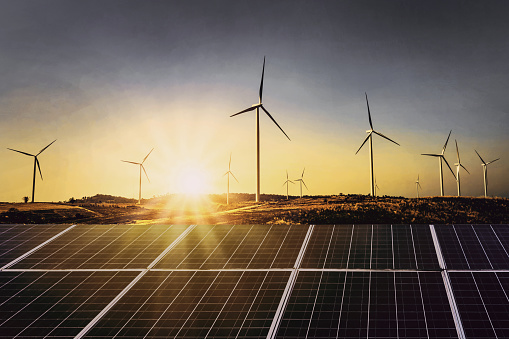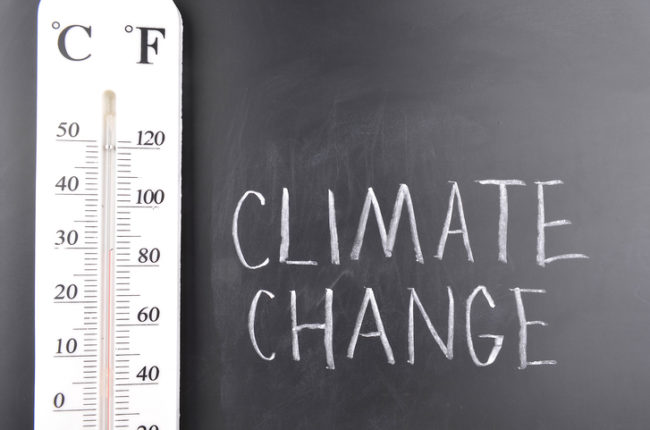Two recently released documents – the Intergovernmental Panel on Climate Change report, Global Warming of 1.5°Summary for Policymakers (IPCC Summary), issued last week, and the Safer Affordable Fuel-Efficient Vehicles Rule for Model Year 2021-2026 Passenger Cars and Light Trucks Draft Environmental Impact Statement (NHTSA EIS), issued by the National Highway Traffic Safety Administration in July 2018 – provide a stark contrast in how to respond to the threat posed by climate change. The first document, and subject of this post – the IPCC Summary – …
Continue Reading







